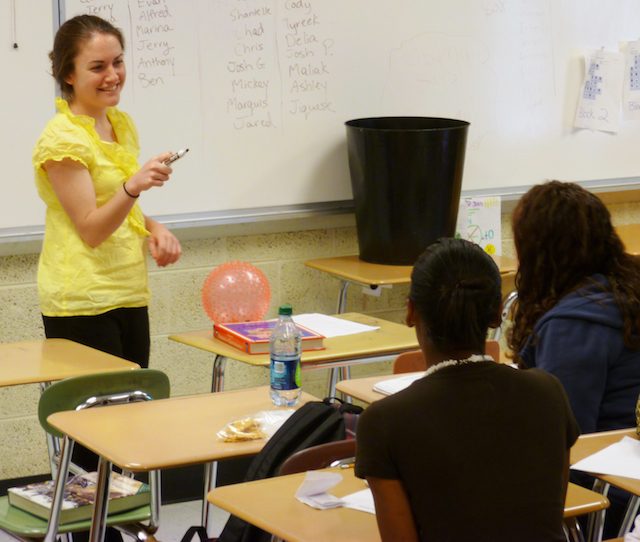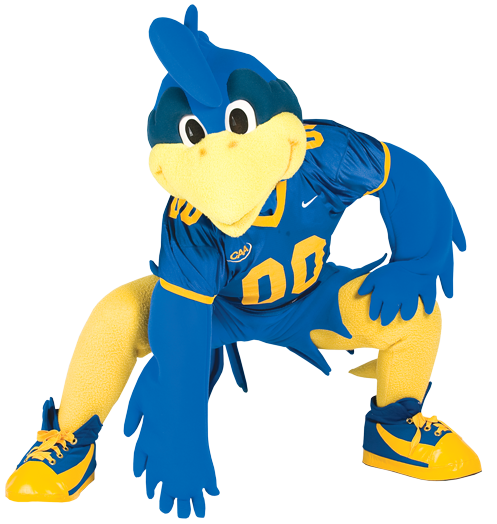
MAJOR FINDER
Filter by College
Filter by Subject
Anthropology Education

DISCOVER WHAT IT MEANS TO BE HUMAN
Anthropologists study the diversity and richness of humanity. We study how and why people and their cultures are similar and different around the world and over time. We study people face-to-face in the contemporary world in diverse local settings, as well as past groups through fossils and archaeological sites. We study complex relationships between human biology and culture. We commonly emphasize issues of social justice and equity when considering differences. We examine the evolutionary and historical formation of human societies and the ways in which they change as people, things, and ideas move and intermingle. In today's world, we ask how the local is shaped by regional, national, and global processes. Every career requires a rich understanding of cultures and diversity in the context of our rapidly changing, interconnected human experience. There is no limit to where you can go with that kind of understanding of our world and its people.
AREAS OF STUDY
- Health and Medicine
- Gender and Race
- Environment
- Materials and Technology
- History and Culture
- Deep Time
- Globalization
- Power and Inequality
CAREER OPTIONS
- Health and Medicine
- Education
- Business
- Social Work
- Law
- International Affairs
- Government
- Forensics
- Museums
- Journalism
GRADUATE PROGRAMS
- Social Sciences & Humanities
- Educational Leadership
- Law
- Special Education
- School Counseling
- Public Policy
- Museum Studies
What's special about this program?
At Delaware, Anthropology is an exclusively undergraduate department. Our students receive both a broad education in anthropology and focus on the topics that interest them most. Our faculty are dedicated and fully committed to mentoring students in personal ways, including through classwork, independent research, and community engagement. Our combination of a broad, holistic, and robust department and an exclusively undergraduate program is virtually unique among top universities.
Get Involved
Anthropology Club
Sample curriculum
ANTH101
|
Introduction to Social and Cultural Anthropology |
| ANTH202 |
Genes, Bones, and Human Evolution
|
| ENGL110 | Seminar in Composition
|
FLLL105
|
Language course |
FLLL106
|
Language course |
| PSYC100 | General Psychology
|
UNIV101
|
First Year Experience
|
|
MATH (according to placement) |
University Breadth Courses
|
| ANTH200 | Introduction to History of Anthropological Theory
|
ANTH375
|
Modern Latin America |
FLLL107
|
Language course |
|
ECON Elective Course |
POSC Elective Course
|
|
SOCI Elective Course
|
|
University Breadth Course
|
| ANTH218 | Solving Archaeological Mysteries
|
| ANTH316 | Islam and Gender
|
EDUC413
|
Adolescent Development and Educational Psychology |
EDUC414
|
Teaching Exceptional Adolescents |
EDUC419
|
Diversity in Secondary Education |
ANTH Elective Course
|
|
Univeristy Breadth Courses
|
| ANTH352 | Refugees and Forced Migration
|
| ANTH384 | Cinema and Global Cultures
|
| ANTH466 | Independent Anthropology Research
|
| EDUC420 | Reading in the Content Area
|
| HIS491 | Planning a Course of Instruction
|
ANTH48X Tutorial
|
|
| EDUC400 | Spring Semester - Student Teaching |

